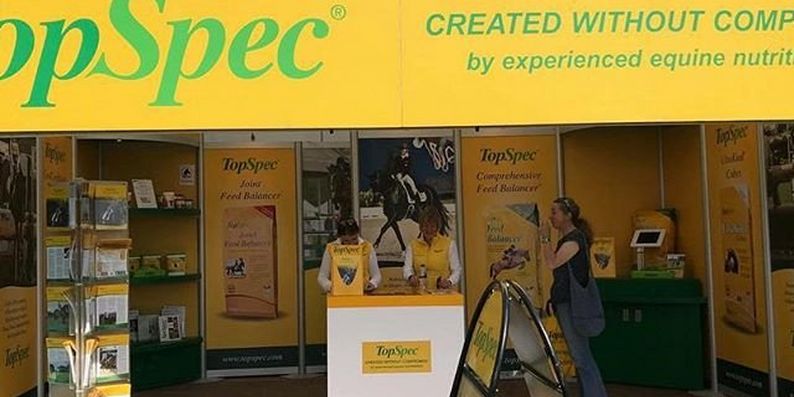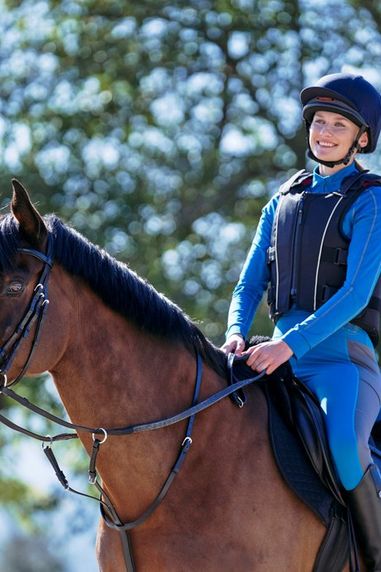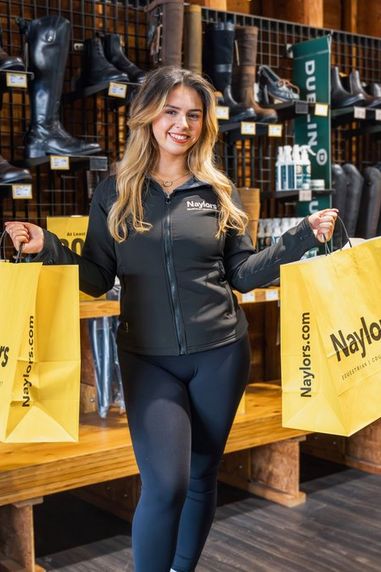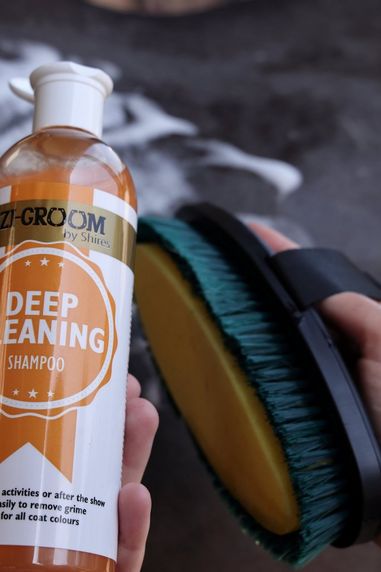
Did you know there are many options for people who are interested in working in the Equine Industry?
There are literally hundreds of different careers you can go into within the equine industry, and it can be quite daunting when deciding which job you would like to apply for. In this blog, we will delve into both the most popular jobs on the market and the niche careers which you may not know about.
Working in the equine industry can be practical or office based, sometimes even a mix of the two, so you should decide what your preference is. Entry requirements for the different options vary and may be based on qualifications, so you need to find out what you will need to work in the area you choose.
Riding Jobs
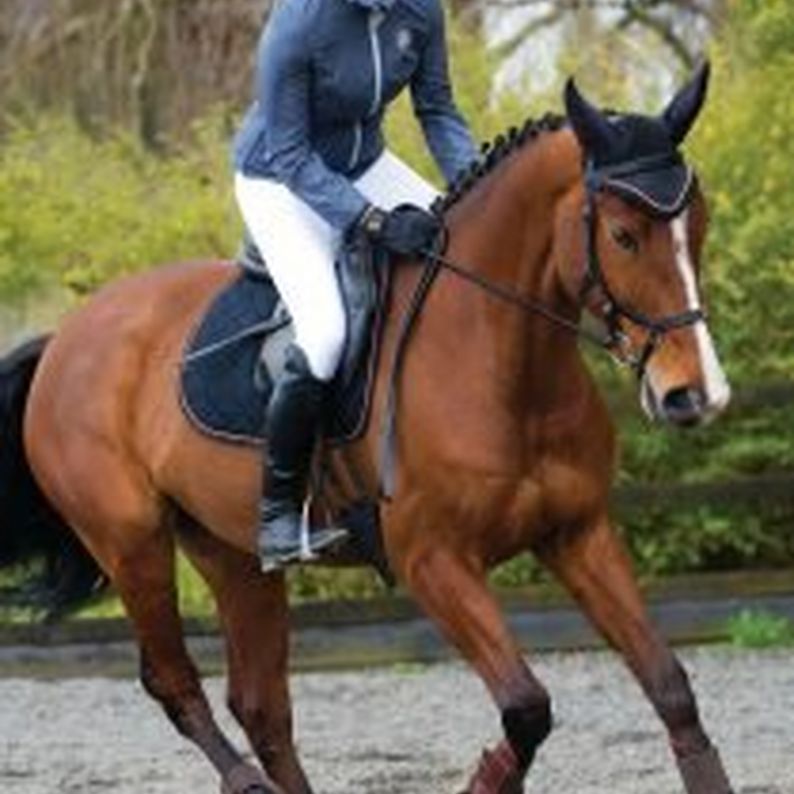
Professional riders
What to expect: You must have a high level of training and riding, with an expert knowledge of the discipline you want to compete in. By liaising with horse owners and trainers, you may also get the opportunity to ride other horses as well as your own.
What you need: A high achieving track record of competing at events, points/experience in the discipline you want to specialise in and possible riding qualifications (such as BHS up to Senior Equitation level) to prove your ability.
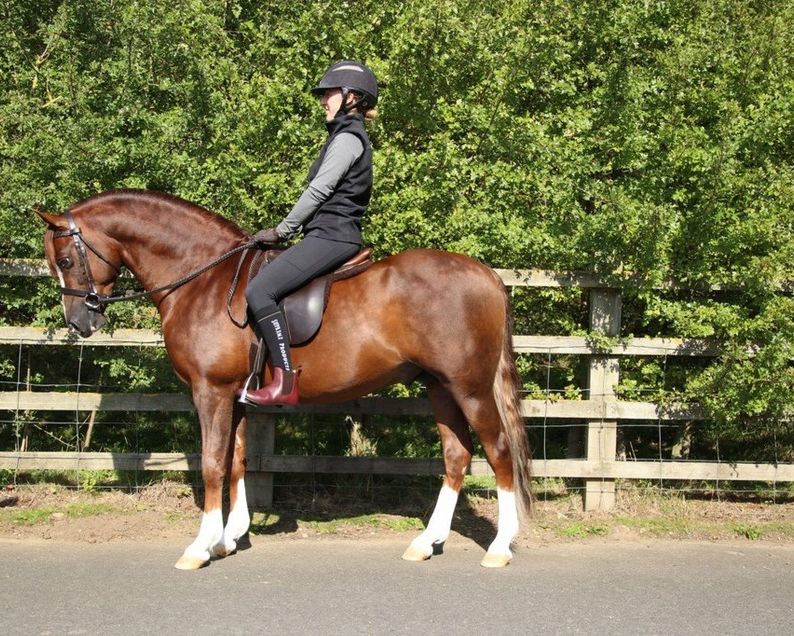
Groom/Work Rider
What to expect: Mainly involving the day-to-day care of various horses, be that on a livery yard or large competition yard. May contain some riding (in the case of a work rider; exercising horses for owners), therefore you will need experience doing both.
What you need: Usually a high level of experience with horses is needed to prove you can handle various sizes and temperaments, You may also need references to prove your experience and ability.
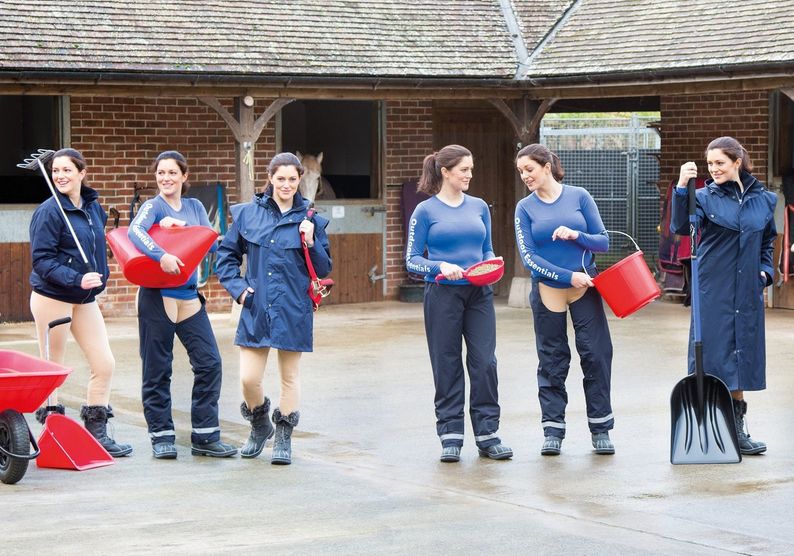
Instructor
What to expect: Riding instructors can be either at a riding school or freelance and their responsibilities are teaching lessons to riders of all abilities. You may also have to do some work on the yard if you are working at a riding school.
What you need: There are a few different qualifications that can be obtained to become a riding instructor.
PTT- Preliminary Teaching Test
“A PTT qualified person will be able to work in a commercial riding establishment, on a private yard or as a freelance coach. They will be able to apply the basic principles of coaching to improve the rider’s horsemanship skills, following a progressive plan. They will understand the health and safety procedures involved in organising a lesson and be able to modify sessions to facilitate the ability of the rider. They will be able to coach novice riders up to Stage Two level.” For more information click here to see more information the BHS.
BHSII- The British Horse Society Intermediate Instructor
“A BHSII will be able to take charge and look after a number of horses in a variety of situations. They will have sound practical business knowledge and will be able to take responsibility for yard organisation. A BHSII will have experience teaching a wide range of clients from beginners to more experienced riders. They will be able to coach riders and train horses to BD Elementary, BS Discovery and BE100, and should be able to create genuine improvement plans for both horses and riders. A person with their BHSII will be able work without supervision and should be able to take on a role with greater responsibility and may be suitable for a managerial role.”
BHSI- The British Horse Society Instructor
“A BHSI should be capable of fulfilling a senior role within an equestrian business. They will be an established coach and trainer across all three original Olympic disciplines and be able to coach riders and train horses to BD Advanced Medium, BS Foxhunter and BE Intermediate. A BHSI will have sound knowledge in all aspects of business management and horse care including maintaining horse health, care of competition horses and the breeding and management of young horses. They should be excellent yard managers and be able to train and supervise staff and students and give career advice.”
BHSAI- The British Horse Society Assistant Instructor
“A BHSAI should have a sound level of practical experience, and be able to look after several horses in an unsupervised environment. They will have experience riding a variety of horses in a variety of situations and begin to be able to school horses. They will have experience coaching beginner riders and riders up to Stage 2. An example of a Stage 2 rider may be a rider who is secure, balanced and competent with and without stirrups in walk, trot and canter and who can jump up to 76cm/2’6. A BHSAI may need support to develop their skills and experience further and should be supervised in new or challenging situations”
For more information about these instructor qualifications click here.
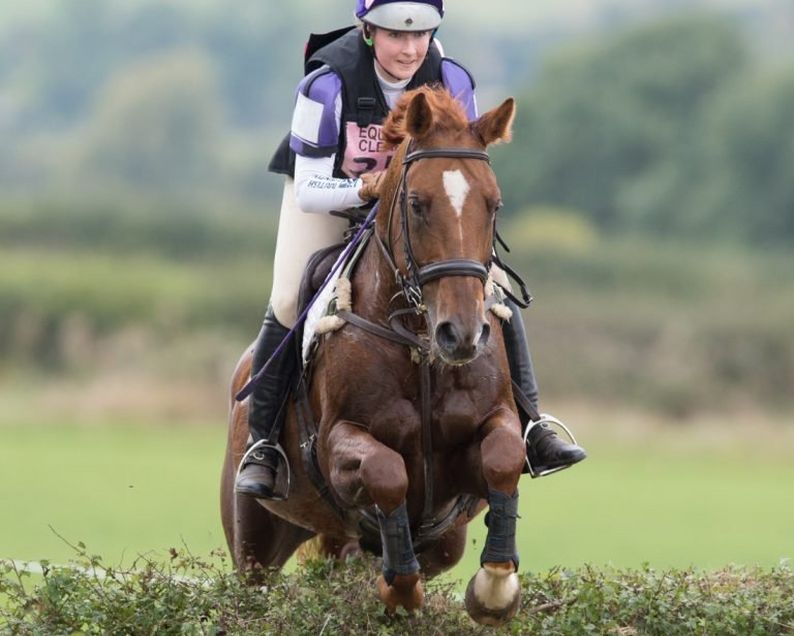
Racing
What to expect: If you want a career in racing you will be experienced in riding and caring for horses and have a sound understanding of the equine world. It is likely that to start of with you will work on a racing yard doing the basic yard duties from mucking out and feeding the horses to riding out and exercising them.
What you need: To start a career in racing it is advisable that you study an equine college course whether this be equine studies, equine management, equine science or any of the other courses available. Once you have finished your college course this is all you need to be able to begin your career and many racehorse trainers will support you in transitioning from student to employee. If you feel you need a bit more training before you apply you many want to consider: The Entry to Employment Programme for Equine College graduates. This course is in conjunction with the British Racing School and the Northern Racing College. The course offers an intensive 4 weeks training course and will teach participants how to ride and look after racehorses. Upon successful completion of the four week training course, participants will be placed into employment at a Racehorse Trainer’s yard. For more information visit Careers in Racing.
Specialist Areas in the Equine Industry
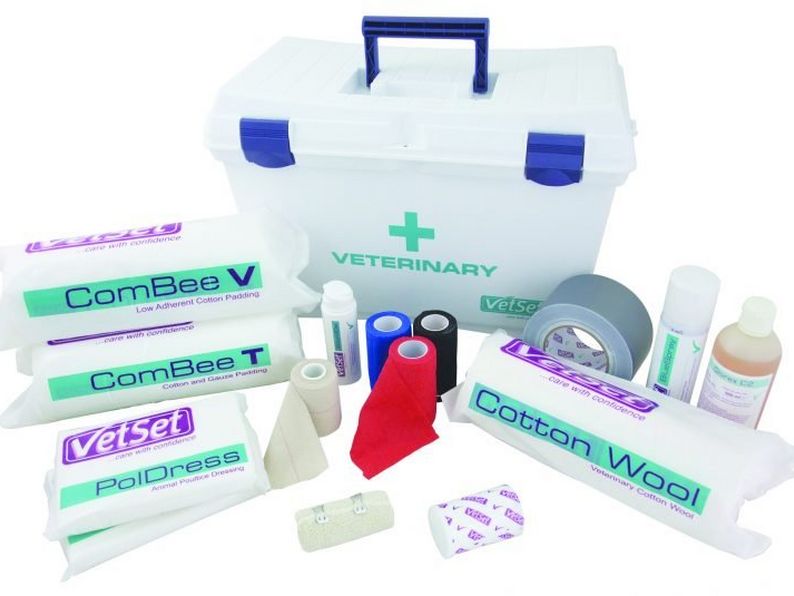
Vet/Veterinary Nurse- Equine
Vet - Equine Specialist.
What to expect: If you want to become an equine vet you will have drive and determination as well as being hard working particularly with hands on work and have a wealth of experience of working with animals. To work in the veterinary industry you will have a passion and love for the care of animals. It can be very emotional work and so you need high levels of mental and emotional strength as you will be required to make some very tough decisions. You will have the skills to think and act quickly and effectively under pressure.
What you need: In order to become an equine vet you will first need to complete a general Veterinary degree (BVetMed degree) at an approved Royal College of Veterinary Surgeons (RCVS) university. This is either a five or six year course dependant on where you choose to study. Once you have this degree you can then choose to specialise in equine medicine.
A-levels, SCE Highers or equivalent in both chemistry and biology with maths as a possible third subject are required to apply for this degree; you’ll also benefit from appropriate work experience in a veterinary practice. ‘A’ grades are expected. Contact the university you are interested in for specific entry information.
Veterinary Nurse-Equine Specialist.
What to expect: Veterinary nurses work alongside veterinary surgeons to provide a high standard of care for sick animals. They’re involved in a wide range of care and treatment and usually work in a vet practice or hospital. They’re also involved in educating owners about horse health.
Responsibilities include:
- Care of sick animals
- Emergency and out of hours work
- Assisting with surgery
- Carrying out diagnostic tests
- Medical treatment
- Aftercare and rehabilitation
What you need: There are two pathways available to become a veterinary nurse; a vocational qualification or a higher education qualification, the pathway you choose is up to you and may depend on what learning style suits you best.
Vocational Pathway- If you are a Physical (kinesthetic) learner this may be the best training option for you. This provides the opportunity for you to learn on the job. The Level 3 Diploma in Veterinary Nursing is a vocational qualification designed to prepare veterinary nurses for professional registration on the Royal College of Veterinary Surgeons’ Register of Veterinary Nurses. It’s available on either a full-time basis or apprenticeship-style alongside a job in a vet practice.
Higher Education Pathway- This route is degree based and although it will take a little longer than the vocational route it is more academic. You will also be required to undertake work experience. A degree in veterinary nursing can lead to additional career opportunities, such as research, the pharmaceutical industry and teaching, in addition to work in clinical veterinary practice.
A number of institutions offer full-time integrated higher education courses leading to a Foundation or Honours Degree in veterinary nursing. The Royal College of Veterinary Surgeons (RCVS) Certificate in Veterinary Nursing is also awarded to all graduates of courses approved by the RCVS.
For further information on a veterinary career visit the BHS website
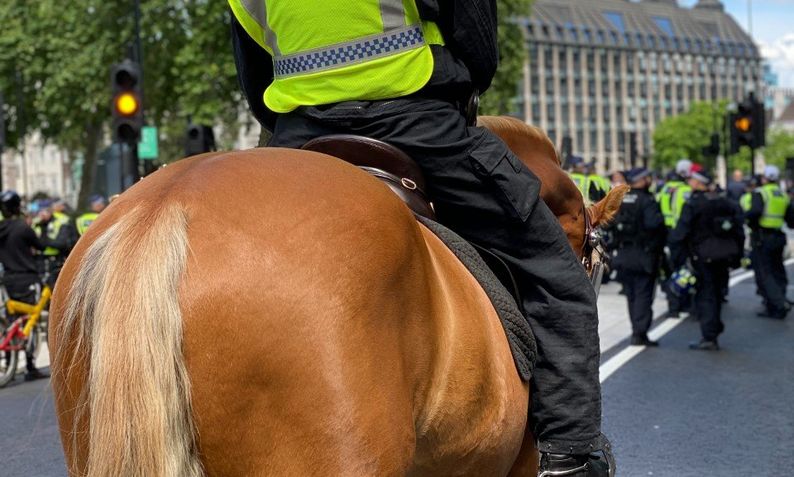
Mounted Police
What to expect: Mounted police officers work as part of the emergency services to act as back up where it wouldn’t be safe to have men or women on the ground or where extra control is required.
Responsibilities include:
- Safeguarding the community through crowd control or acting as a barrier to potentially threatening behaviour
- Attending sporting events, demonstrations and other high profile events
- Mounted patrolling
- Ceremonial duties, from escorting royalty to ceremonial military movements
- Demonstrations and activity rides at exhibitions and events
- General care and grooming of the horses
- Care of tack and equipment
- Liaising with the local community
What you need: In order to qualify as a mounted police officer, you’ll initially have to become a normal police officer. You’ll then be able to specialise in a specific area of the police force after three years. No previous riding experience is necessary.
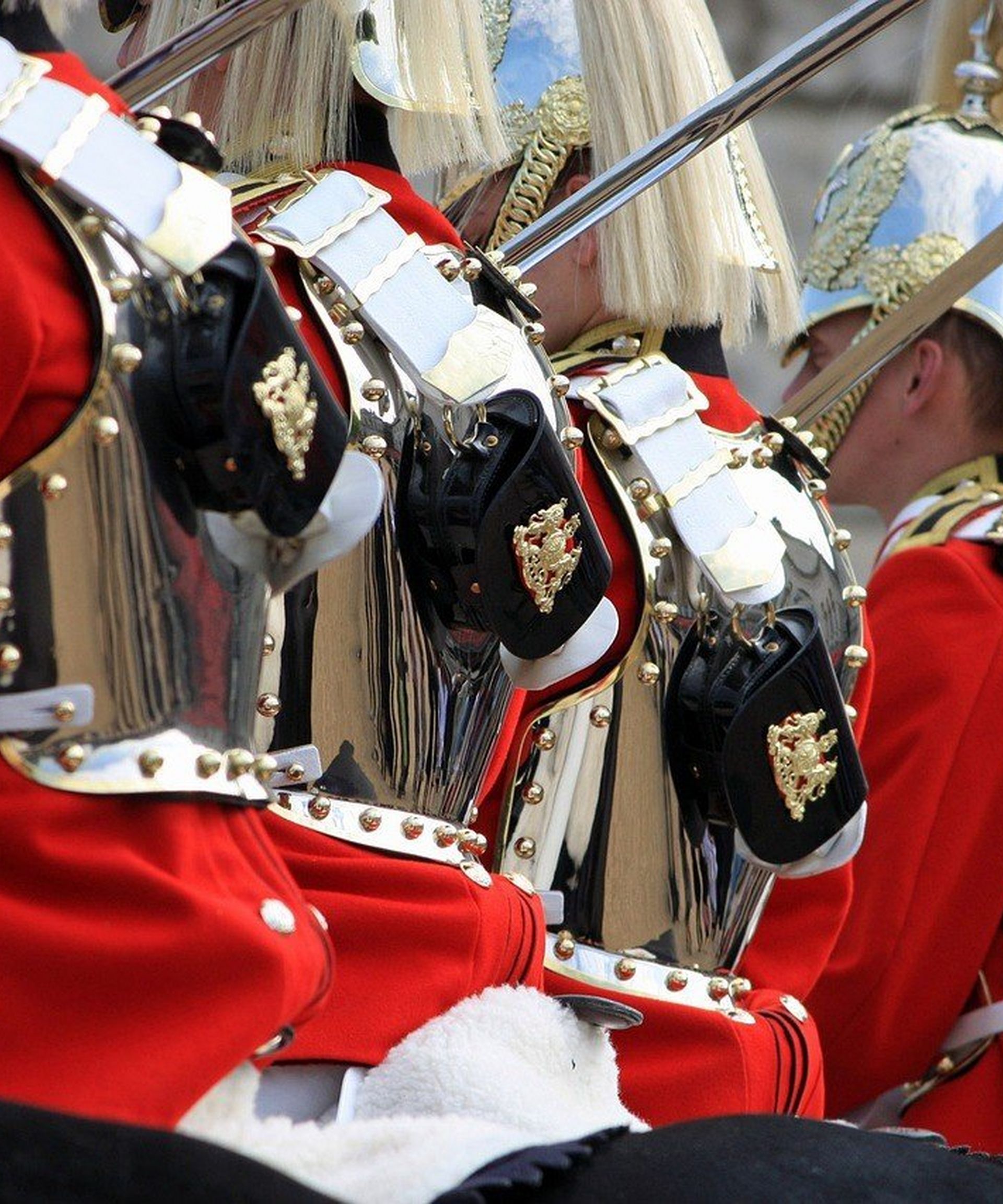
Army- Household Cavalry
What to expect: The Household Cavalry Mounted Regiment, provides horse-mounted soldiers for royal and state ceremonies.
What you need: After your basic training you get specialist coaching to prepare you for your role. If you’re going into a ceremonial role you do a 12-week course in how to ride and look after a horse and a four-week course on looking after your riding kit. As a Household Cavalry Soldier you could become an expert horseman, learning everything you need to know about riding and horse care. You can move between these roles during your career, and you could go on to specialise in other roles such as becoming a tailor, saddler or farrier.
Once your in the army the opportunities to work towards qualifications are fantastic, you could achieve:
- Level 2 NVQ Equine Management
- Advanced driving licences
- Specialist qualifications as a riding instructor, saddler, tailor, physical training instructor and combat medic
- Foundation Modern Apprenticeship (FMA)
- Level 2 NVQ IT
For more information please visit the Army website.
Equine nutritionist
What to expect: A nutritionist’s job is to tailor a horse’s diet to their individual requirements.
Responsibilities include:
- Identifying the different supplements and whole foods to suit the horse’s individual lifestyle, breed and age
- Identify health problems
- Calculate precise nutritional requirements and diet plans
- Troubleshooting and offering advice if diets do not work
What you need: Ideally in order to enter into a career in horse nutrition you will have studied a relevant degree such as equine or animal science. Gaining a place on one of these courses will be competitive so having good horse experience and knowledge will give you an advantage. To stand out more BHS Stage exams may be beneficial .
Read more information here.
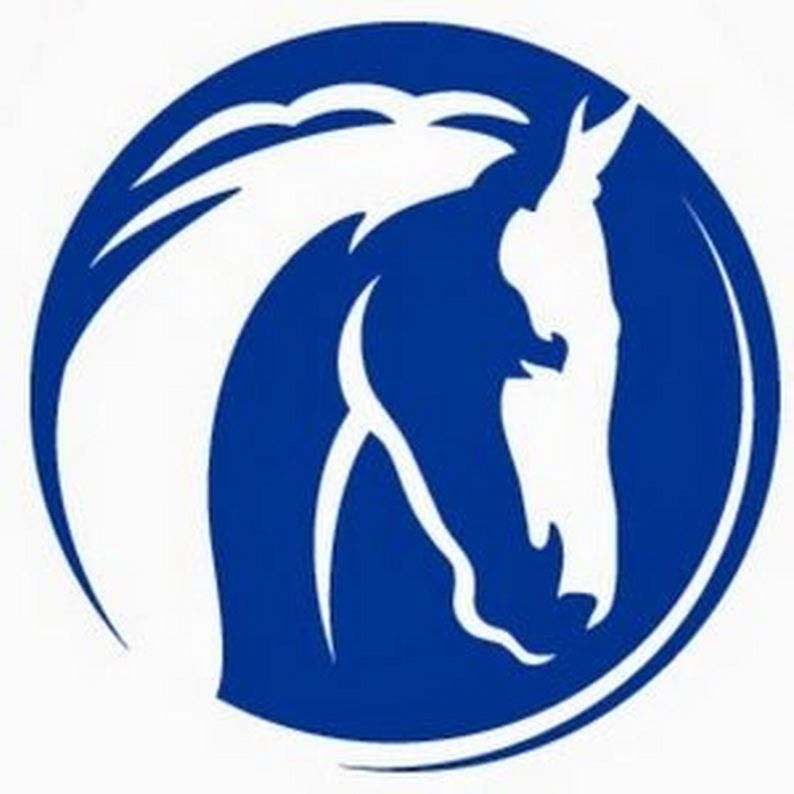
Equine welfare
What to expect: There are many different equine organisations from charities that adopt or loan horses to rescue centres that take on horses that may have come from bad backgrounds. This can be a very rewarding career but in order to be successful in equine welfare you need to be mentally and emotionally strong as some of the cases you may work with could be devastating.
What you need: A good horse background is a must when working in equine welfare as you need to have the background knowledge on the horse so that you can fully understand what you are dealing with. It is advantageous to have some form of equine qualification whether this be an NVQ or a degree. Hands on experience is also very helpful whether this be working on a yard, teaching lessons, or doing work experience with feed suppliers or at a Vets.
Equine Health
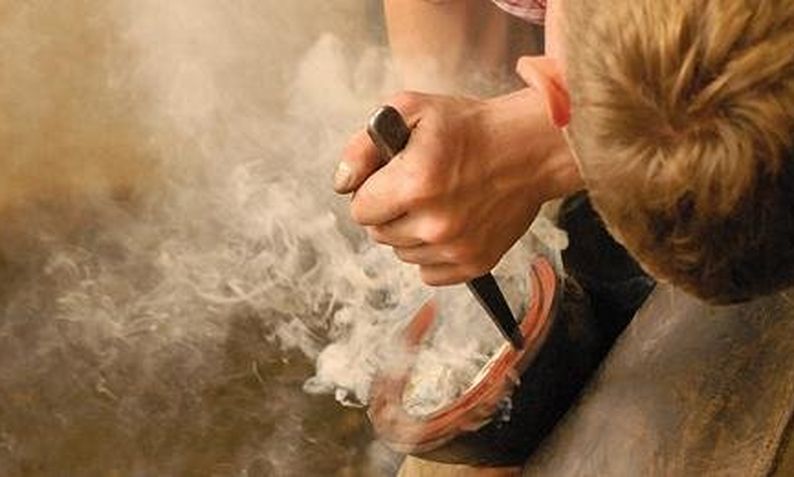
Farrier
What to expect: Farriery is any work in connection with the preparation or treatment of the foot of a horse for the immediate reception of a shoe. A farrier is a highly-skilled craftsperson. Farriery is an extremely physically demanding career working outdoors in all weather. Farriers are usually self-employed.
Responsibilities include:
- Creating and shaping the shoe
- Fitting the shoe to the horse
- Communicating to owners of the horses
- Filing and trimming feet
- Corrective shoeing following lameness, disease or injury
What you need: Farriers must register with The Farriers Registration Council in order to practice legally. You’ll need to complete an Advanced Apprenticeship placement (lasting four years and two months) while employed by an Approved Training Farrier. You must be at least 16 years old to apply for the course. You’ll also have to complete 23 weeks of off-the-job training at an approved college.:
Approved Colleges within the UK are:
- Herefordshire College of Technology
- Myerscough College (Preston)
- Warwickshire College
For more information please visit the BHS section about becoming a farrier.
Equine Dental Technician
What to expect: An Equine Dental Technician (EDT) specialises in the health and wellbeing of a horse’s teeth. Being an EDT is an extremely physically demanding career and you’ll be working outdoors in all weather. EDTs are usually self-employed.
Responsibilities include:
- Filing and rasping teeth
- The removal of teeth
- Ageing a horse
- Liaising and working alongside equine vets
What you need: Entry requirements into equine dentistry usually involve training as an apprentice with a British Equine Veterinary Association (BEVA), British Veterinary Dental Association (BVDA) qualified EDT or veterinary surgeon. You’ll also need to complete the BEVA/BVDA theory and practical examination at the end of three years’ training. Qualified EDTs must then register with the British Association of Equine Dental Technicians.
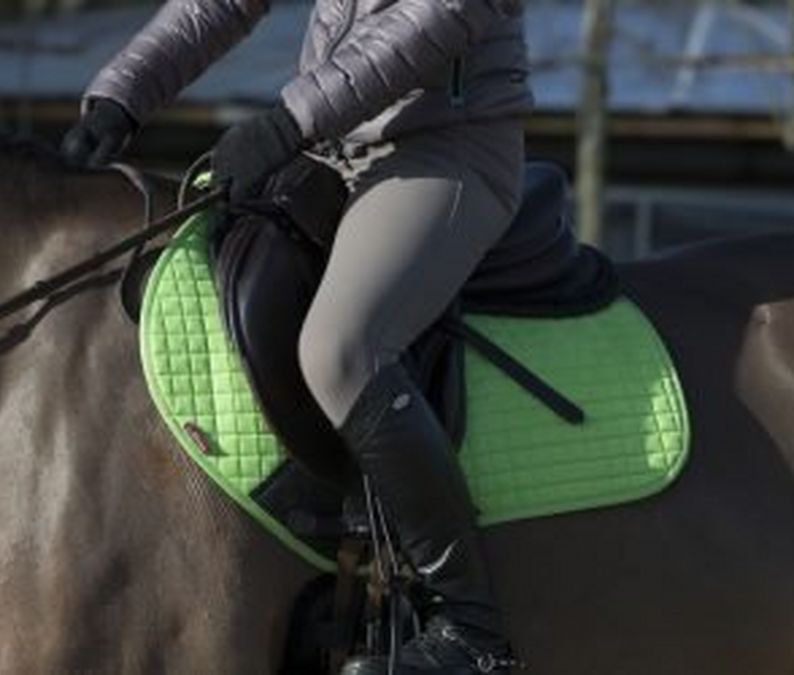
Saddler
What to expect: Qualified Saddlers are individuals who are trained, skilled and qualified in their own right to make and repair saddlery.
Responsibilities include:
- Making saddlery, from cutting leather to treating the finished product
- Fitting a saddle to a horse
What you need:
- Level 3 City and Guilds Saddlery qualification
- Four-year apprenticeship working with alongside a qualified Master Saddler.
To become a Master Saddler, you will need either of the above qualifications, and have been in the trade for at least seven years.
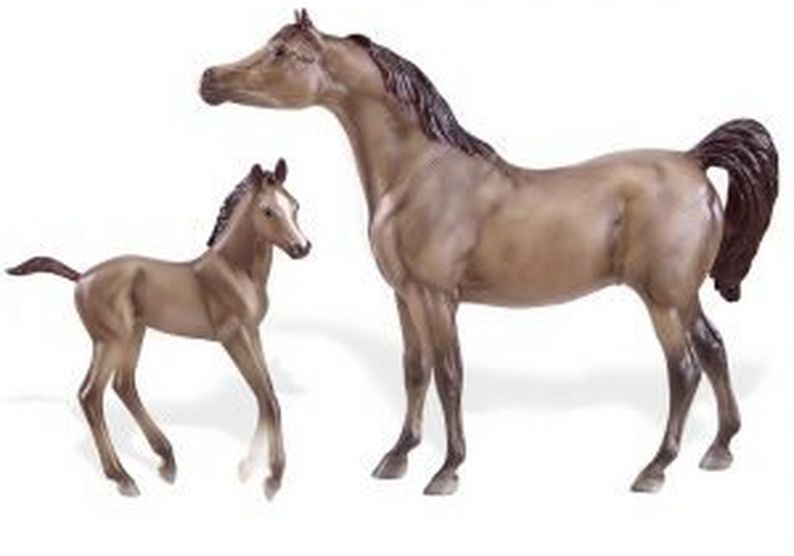
Stud work
What to expect: A stud groom works alongside the stud manager to ensure the welfare, care and health of the horses.
- General horse care: feeding, mucking out, grooming etc.
- Handling the mare during teasing/covering
- Observation & care of pregnant mares
- Attending to mares and foals after foaling
- Liaising with others such as vets, farriers, owners etc.
- Maintaining stud records
- Possibly supervising other staff
- Handling foals/youngsters for training
- Possibly breaking/riding
What you need: Experience is essential in this field, so work experience at a stud is vital. Knowledge of modern techniques such as artificial insemination and embryo cloning will also be useful.
- BHS Stage 3 Care (for general groom’s knowledge/skills)
If you want to work at a racing/thoroughbred stud then the Work Based Diploma Level 2/3 in Racehorse Care and Management will also help you.
If you are passionate about horses and want to combine your passion with a career then we hope you have found this information useful.
Still interested in working in the Equine Industry? If you are currently searching for a job then see links below for popular websites.
Popular equine job search websites:
https://www.equine-careers.co.uk/
